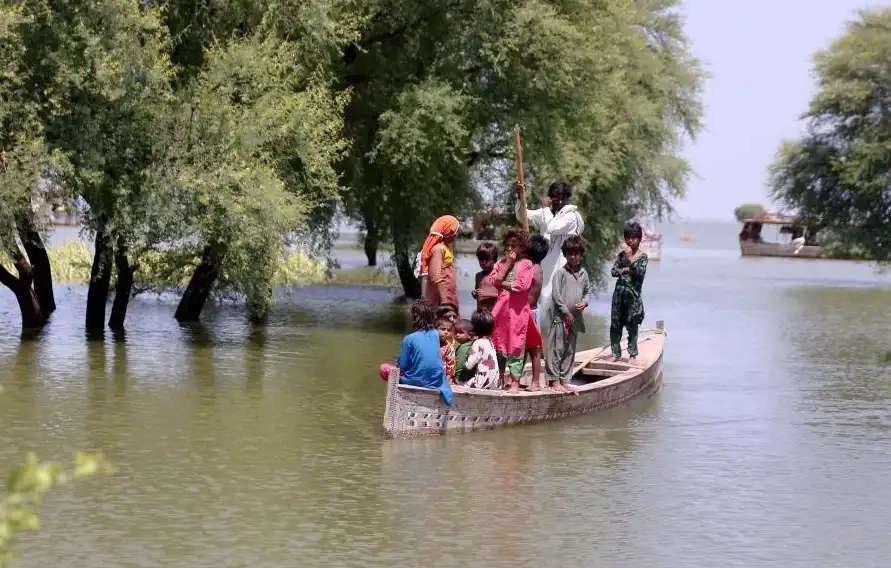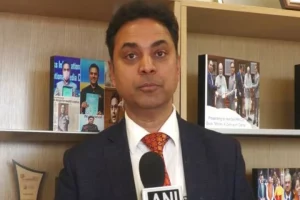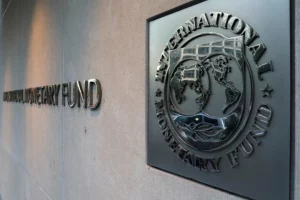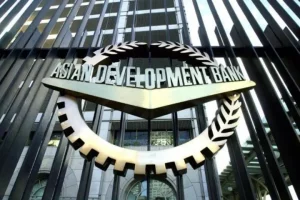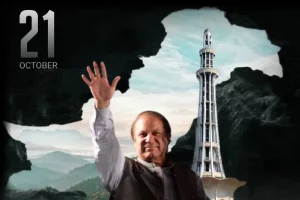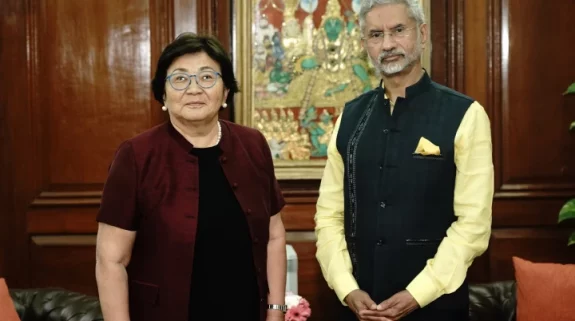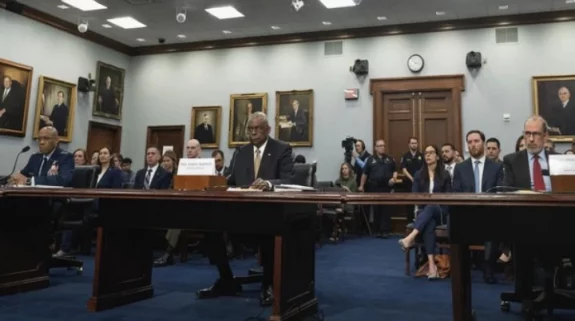Pakistan’s devastating floods which could cost more than $30 billion to the exchequer have once again sparked fears of a possible default. Until the creditors provide debt relief measures and restructure the repayment schedule, Islamabad will have much to worry about. Its foreign exchange reserves despite the assistance it received from the International Monetary Fund (IMF) and other “friendly” countries including Saudi Arabia are beginning to slide.
Two analysts India Narrative spoke to said that one of the main problems the country is facing is lack of credibility.
“While the floods have caused enormous damage the fact remains that Pakistan, irrespective of which party is in power, has continuously sought help at different times…it has been almost running on bailout packages,” one of them said.
After the country’s forex reserves –held by its central bank– dropped below the $8 billion in August, it rose to $8.7 billion in the beginning of the month, thanks to the IMF loan of $1,166 million under its Extended Fund Facility (EFF). But subsequently, the reserves are sliding. The country’s reserves fell to $8.6 billion for the week ending September 9 and then further down to $8.3 billion for the week ending September 16. With the destruction of widespread crops, the country will have to increase imports of not only food items but other essential goods as well. “This will put more pressure on the forex reserves,” the analyst added.
According to local newspaper Dawn, Pakistan will also seek help from long-time ally China, to which it owes about 30 per cent of its external debt.
It also reported that the United Nations Development Programme is set to hand over a memorandum to Islamabad this week. The memorandum could outline debt relief by creditors through swaps but in exchange country would have to agree to invest in climate change-resilient infrastructure.
Pakistan Prime Minister Shehbaz Sharif has sought help from the members of the Paris Club– an informal group of creditor nations with the aim to strike workable repayment solution as well as its allies. While assistance has started to flow into the South Asian nation, it is woefully short of requirements.
Yousuf Nazar, a London-based economist and a former head of Citi’s emerging markets equity investments told Nikkei Asia that “foreign countries are tired of helping Pakistan” and that Islamabad has become notorious for requesting handouts without conducting any meaningful reforms
“Pakistan is claiming floods have caused a loss of $30 billion and the global community has just pledged $600 million in aid, which marks their lack of trust in Pakistan,” Nazar told the news organisation.
He also said that these circumstances are raising fears that Pakistan is moving toward hyperinflation, chronic fuel shortages and ultimately a default.
Shehbaz’s statement – “Even friendly nations think we’re beggars,’ is telling. “Today, when we go to any friendly country or make a phone call, they think that we have come to beg for money,” he had said.
Pakistan’s main problem—it has mixed politics with economics. For example, despite clamour for resuming trade with India, Islamabad has not paid heed.
Prudent economic policies have never driven Pakistan’s political landscape. It has always been the other way round.
Also read: Jaishankar blasts China and Pakistan at UN for backing cross-border terror
IMF loan not enough to help Pakistan’s economy, says country’s top public think tank






